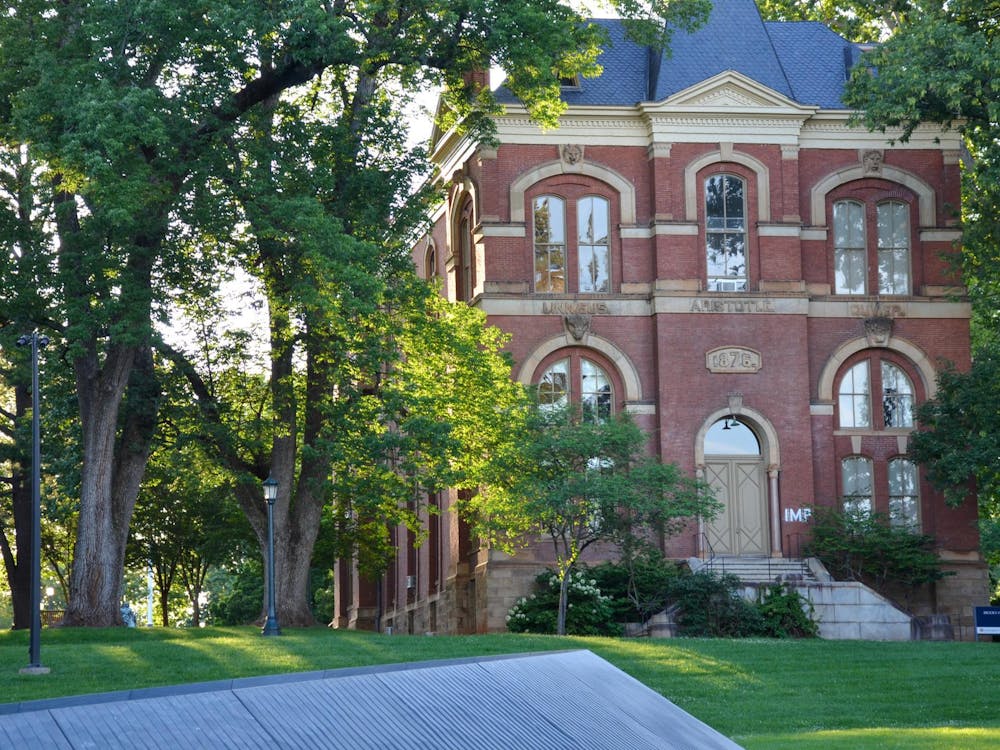Some out-of-state students finally will get their wish of paying in-state tuition rates at the University.
A new federal law will give some Washington, D.C., residents up to $10,000 per year to attend Maryland or Virginia public institutions of higher education.
The bill, which was signed into law Friday by President Clinton, has drawn mixed reactions.
Although Julius F. Nimmons Jr., president of the University of the District of Columbia, applauded the bill's intentions, he said the federal government should focus more on improving UDC.
"We would hope for even greater and larger distribution of financial aid to the university so that it could maximize its potential in meeting all the educational needs of its students in the public school system," Nimmons said.
The tuition subsidy bill could indicate that its sponsors do not believe UDC is up to par with other schools in Maryland and Virginia, he said.
"It may indicate a disregard or disrespect for" UDC, he added.
Nimmons said although the public's perception of UDC might change because of the bill, he does not anticipate a drop in enrollment figures.
Washington's mayor will oversee the implementation of the measure, which also will allow D.C. residents an opportunity to receive a $2,500 annual subsidy for attending private colleges and universities in Maryland and Virginia.
University Director of Financial Aid Yvonne Hubbard said the tuition bill will provide greater opportunities for some D.C. residents.
"They don't have the access to the kind of state system that most high school students enjoy when they go looking for some place to go to school," Hubbard said. "It's a great opportunity for expanding the number of students that go to college from D.C."
D.C. residents will be able to choose from a variety of public institutions of higher education because it will be more affordable, she said.
"All of a sudden instead of one or two possible schools that have an in-state cost, you are looking at all the state [higher education] institutions in Virginia and Maryland," she added.
Hubbard likened the subsidy to the University's Tuition Assistant Grant, which gives certain Virginia residents a $3,200 credit -- up from $2,700 last year -- to attend a private school within the state.
Dean of Admissions John A. Blackburn said D.C. residents still will be treated as out-of-state students in the admissions process.
Virginia mandates 65 percent of undergraduate admissions seats be reserved for in-state students.
But the bill could increase the number of D.C. applicants, Blackburn said.
The bill "might make [the University] more attractive than it is now," he said.
Larry J. Sabato, government and foreign affairs professor, said the new tuition law will be helpful for D.C. residents, but politicians should move towards decreasing out-of-state tuition.
"We're right at the point where we are going to start losing some outstanding out-of-state students," Sabato said.






